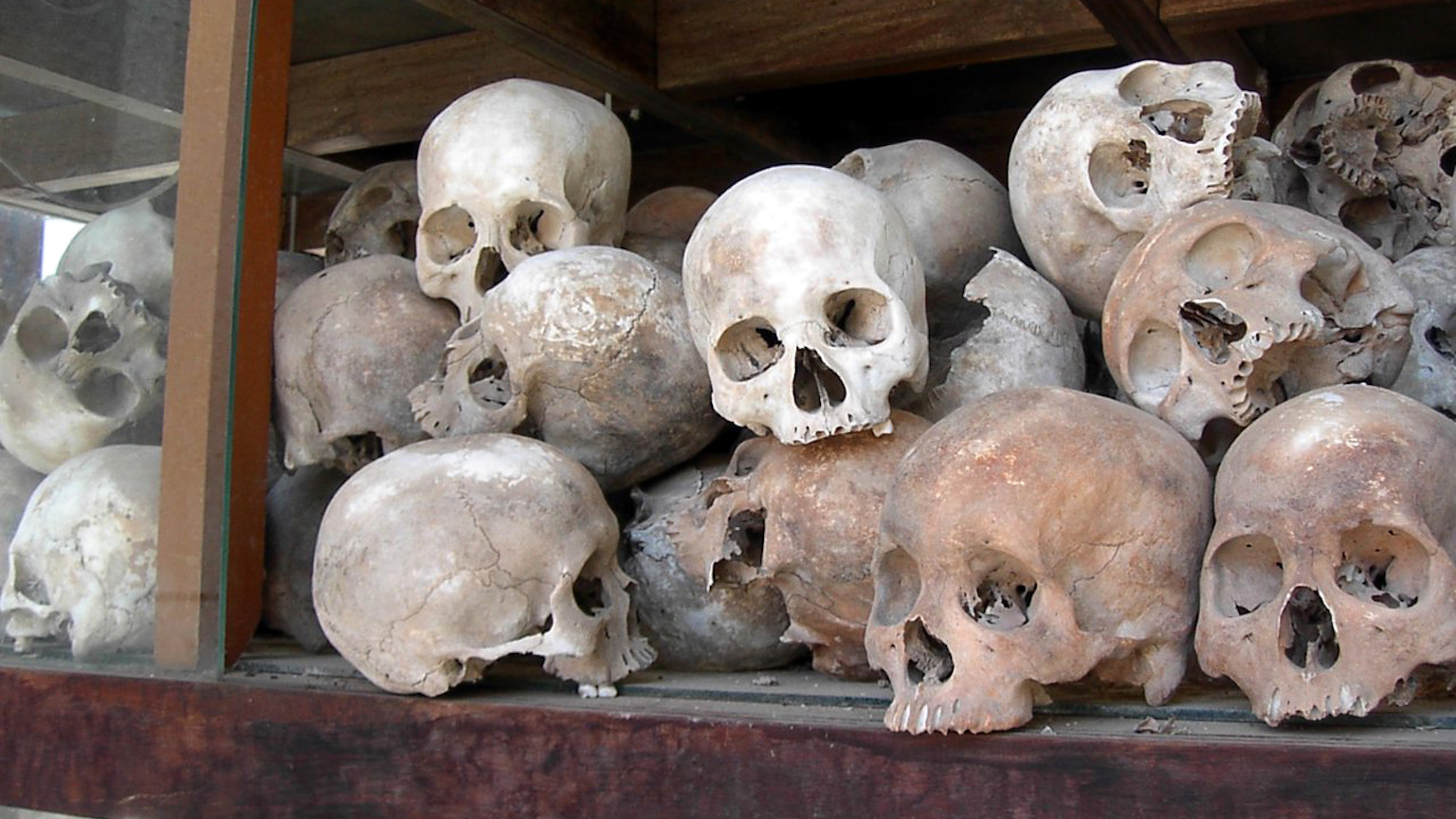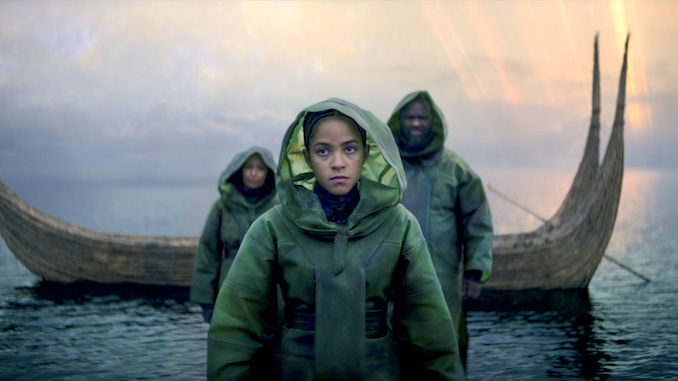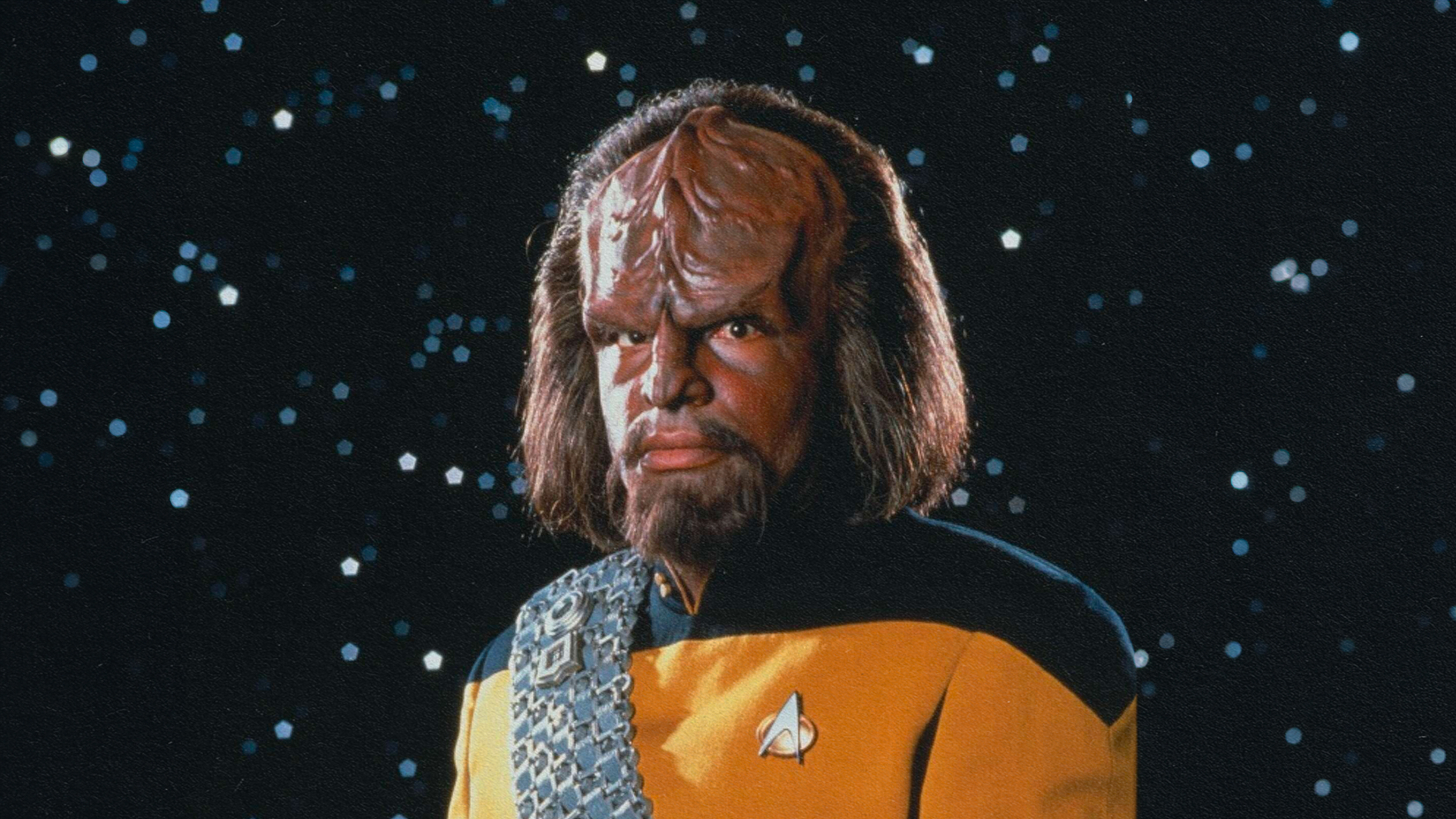How a Hollywood-style television show about Trotsky rearranged the Russian Revolution
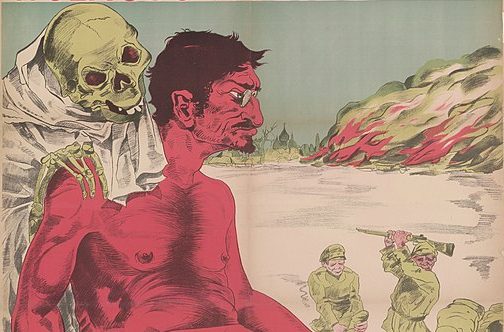
- Trotsky is a Russian miniseries about the life and death of one of the country’s most important but oft forgotten revolutionaries.
- The show not only has a surprisingly high production value, but also makes moving and meaningful statements on the ethics of political activism.
- At the same time, the show’s thesis – that revolution is a futile, misguided and self-destructive enterprise – fits squarely within the Kremlin’s modern-day agenda.
In 2017, Russian production company Sreda teamed up with Channel 1 to produce an eight-part miniseries on the tumultuous life and tragic death of one of the country’s most influential yet oft-forgotten Marxist revolutionaries: Leon Trotsky. The show, a dramatization of Trotsky’s autobiography My Life, follows the protagonist from his brief tenure as Russia’s de facto ruler to his exile in Mexico City.
Trotsky was one of several programs produced to celebrate the 100-year anniversary of the Russian Revolutions. The cultural importance that Russia attached to this story is reflected in its production quality. Its set design, soundtrack, and cinematography repeatedly put Hollywood to shame, while its dialogue — full of snarky remarks and political intrigue — rival the very best seasons of Game of Thrones.
Although the writers did a great job of keeping the plot understandable and enjoyable for people who know next to nothing about Russian history, the show’s real strength comes from its ability to engage in rigorous and thoughtful debate about the ethics of revolutionary movements and the psychology of the men that spearheaded them.
Building on ideas from primary sources and the historians that study them, Trotsky constructs a compelling argument about the forces that determine social change. While the show ultimately presents its subject through a Putinist lens, the message Trotsky imparts is firmly rooted in both Russian history and literature. As a result, many viewers found themselves deeply moved by it.
The life of Leon Trotsky
Similar to a political pamphlet or philosophical treatise, Trotsky chooses to organize its narrative based on ideas rather than chronology. Over the course of the show’s eight hour-long episodes, the story jumps back and forth between several key stages of Trotsky’s life, each of which corresponds with distinct phases in 20th-century Russian history.
These include Trotsky’s formative period in Paris where he met Vladimir Lenin and evolved from a naïve rabblerouser into a pragmatically minded politician; his return to Russia where he participated in the February Revolution before coordinating the Bolshevik uprising; and his conversion to Bolshevism, after which he served as the party’s commander-in-chief during the Russian Civil War.
During this period, Trotsky and his military officers traveled through the country on an iron train. Mapping out the movements of his newly formed Red Army, he was able to ward off a coalition of noblemen, bourgeois citizens. Trotsky’s victory solidified Bolshevik rule, paved the way for the birth of the Soviet Empire, and made him a prime candidate to succeed the ailing Lenin.
Of course, that honor ended up going to Joseph Stalin instead. Betrayed by a close and seemingly harmless ally, Trotsky was exiled to Mexico City. He spent his final days following the news to see what became of the revolution he once led, looking over his shoulder for vindictive NKVD agents, one of whom ended his life by hitting him in the head with an icepick.
Somewhere between fact and fiction
For a show that wants to entertain its audiences as much inspire them, Trotsky stays surprisingly faithful to its source material. The first episode, for instance, shows how Trotsky got his name. Trotsky, who was born Lev Bronstein, took his alias from the warden who oversaw his very first prison sentence in Odessa. In the show, this warden teaches Trotsky how to inspire fear through cruelty.
It’s a lesson the real-life Trotsky would take to heart during the Red Terror, a time when the freshly installed Bolshevik regime resolved to exterminate any and all political opposition to their leadership. In his 1920 text Terrorism and Communism, Trotsky argued violence was justifiable as long as it protected the spirit of the revolution from reactionary movements.
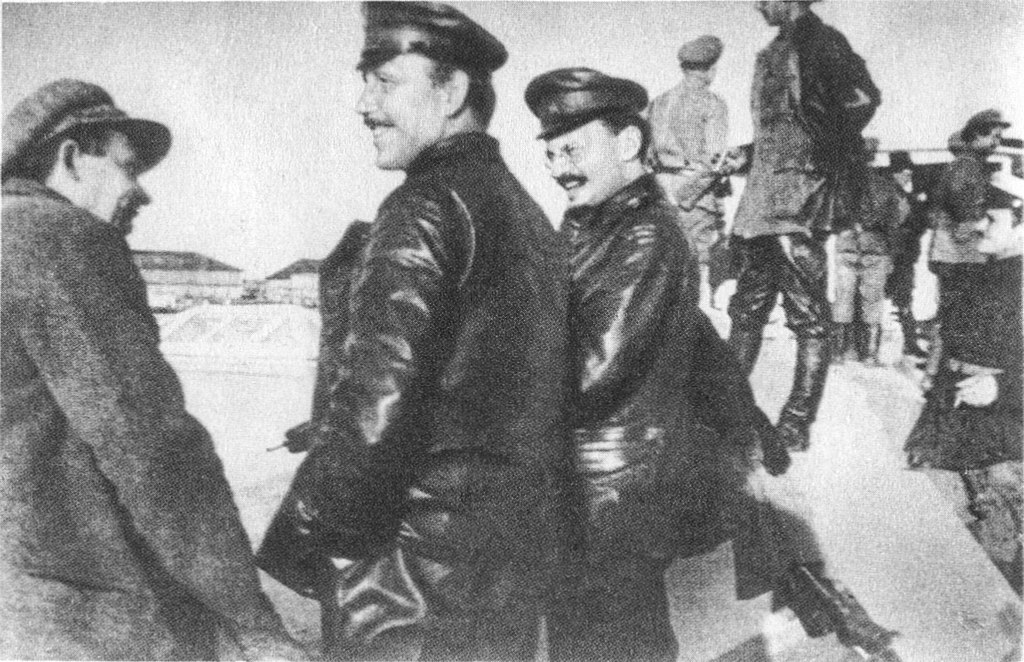
Of course, Trotsky also takes numerous creative liberties. In order to increase the drama, the writers overemphasized the revolutionary’s relationship with his own Jewish ancestry. In the miniseries, the discrimination Trotsky received during his youth partly motivated him to become a revolutionary leader; his feelings of inadequacy transformed into the longing to be feared and respected.
Although Trotsky became atheistic at a young age, there is little to no historical evidence indicating that he was ashamed by this decision. While, in the show, the self-loathing man triumphantly hums an antisemitic song to himself when the October Revolution succeeds, the real Trotsky — as described in My Life — fainted from exhaustion after staying up several nights in a row to plan his coup d’état.
Literary genius or political propaganda?
At the end of the eighth episode, the fictional Trotsky utters his last words: “My ideas are immortal. This means I am immortal.” Despite being ousted by Stalin, Lev Bronstein is able to accept his death knowing that Leon Trotsky, the revolutionary character he created, will live on forever by way of the impact he left on the world around him.
From a storytelling perspective, this is a cathartic ending to a moving story. From a political one, however, it’s more like a slap in the face. Reducing the Russian Revolution from a milestone in the march of history to the byproduct of one person’s misguided search for immortality, Trotsky paints a bleak view of Russia’s past — one that echoes the unheeded warnings of authors like Leo Tolstoy and Fyodor Dostoevsky.
The revolutionary’s seemingly glorious death is also bookended by a melancholic epigraph taken — fittingly — from a religious text that he despised and spent a lifetime trying to disprove: “The way of the wicked is as darkness; they know not at what they stumble” (Proverbs 4:19). This juxtaposition betrays yet another faction that condones the show’s outlook: Russia’s current government.
According to New Yorker journalist Joshua Yaffa, the Kremlin did not commemorate 1917 “because Putin sees the Bolshevik revolutionaries as forerunners to those who might challenge his own power today.” In representing revolution as a futile and self-destructive enterprise, Trotsky not only teaches us something about Russia’s revolutionary past, but also provides a window into its reactionary present.
